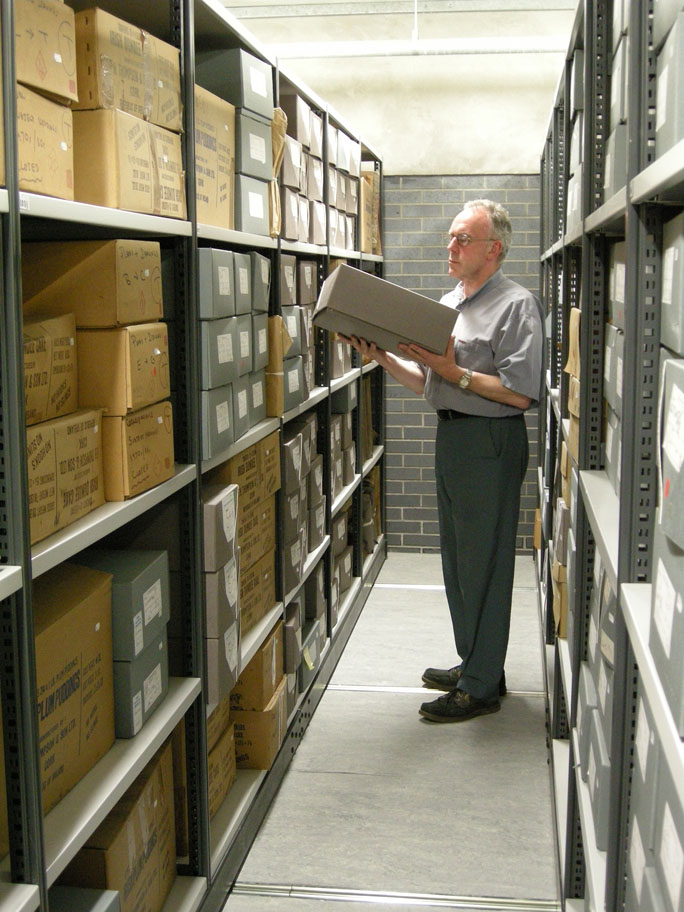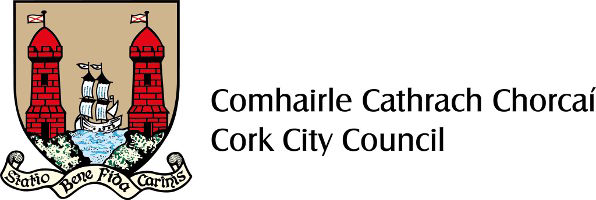Collection Preservation
What is an archive collection?
In general, an archive, also known as a 'collection', 'fonds' or 'record group', comprises a set of original, unique, and irreplaceable, documents and records generated by an organisation or individual in the course of their activities, that are selected for preservation based on their enduring value, and then placed in an archives service. An archive can be corporate or personal. We may also acquire mixed collections of material containing miscellaneous collected documents, photographs and ephemera. It is important to note that CCCA does not itself create the archives collections. Our role is to appraise, acquire, preserve, and carry out the professional archival processing and controls needed to keep archives secure, and appropriately accessible.
See Deposit Archives to view our Collections Acquisition Policy
We make available over 900 individual archives. Many unique aspects of the social, political, commercial and cultural history of Cork are documented in our collections.
We are immensely grateful to all of those who have donated archives collections thus adding unique chapters to the History of our city and county.
CCCA is the designated repository for archives generated by local government in Cork. Local authority archives held include those from Cork City Council and Cork County Council, and those from various defunct local authorities such as the poor law (workhouse) boards of guardians, rural district councils, urban district councils/town councils, the Grand Jury of County Cork, the pre-1960 local boards of public health, hospitals, vocational education committees, and Cork Harbour Commissioners. The CCCA provides advice and services to local government with regards to the selection of records for preservation.
As well as official transfers from local government, archives have also been deposited from a large number of local organisations, and individuals, including prominent citizens, businesses, landed estates, solicitors, trade unions, societies and clubs, charitable bodies, schools, photographers. The support of the community is a key enabler of our mission. See Deposit Archives to view our Collections Acquisition Policy
The CCCA manages the conservation and care of the wide range of paper and other materials that constitute our archival collections.
Conservation and care covers a range of important activities, including:
- Ensuring archival environmental conditions in our building and strongrooms, and when exhibiting items
- Basic cleaning, and damage treatment such as the removal of metal folders and fasteners, carried out during archival processing.
- Storage in archival quality folders and boxes
- Full conservation cleaning/repairs/rebinding/stabilisation by a professional paper conservator
- Ensuring the security of our collections
- Ensuring appropriate handling
- Digitisation to minimise handing of fragile or high demand items
- Security copying
A new archive is accessioned as a collection into the CCCA. The process involves an archivist carrying out a full preservation, appraisal, and sensitive material/privacy/data protection assessment, the full documentation of provenance, content and physical and intellectual structure, cleaning, damage treatment, boxing and shelving or incorporation into digital storage. Items that are in poor condition are earmarked for professional conservation repair treatment. (See also: Richard Dowden's scrapbook project for an example of recent document conservation work)
The object of archival processing is to ensure, and preserve, both the physical and intellectual order and accessibility of an archive. Final processing takes place when an archive is fully listed and indexed and made available for research.
Archives are stored by CCCA in secure environmentally controlled strong rooms with appropriate temperature and humidity controls, in archival quality boxes and folders. Our Seamus Murphy building is a purpose built archival repository designed to ensure the protection and preservation of archives. Archives are handled appropriately to avoid damage.
All use of, and access to, our archival collections is highly controlled and supervised, to ensure their security and preservation. Only archives that have been fully processed and listed are made available for research.


